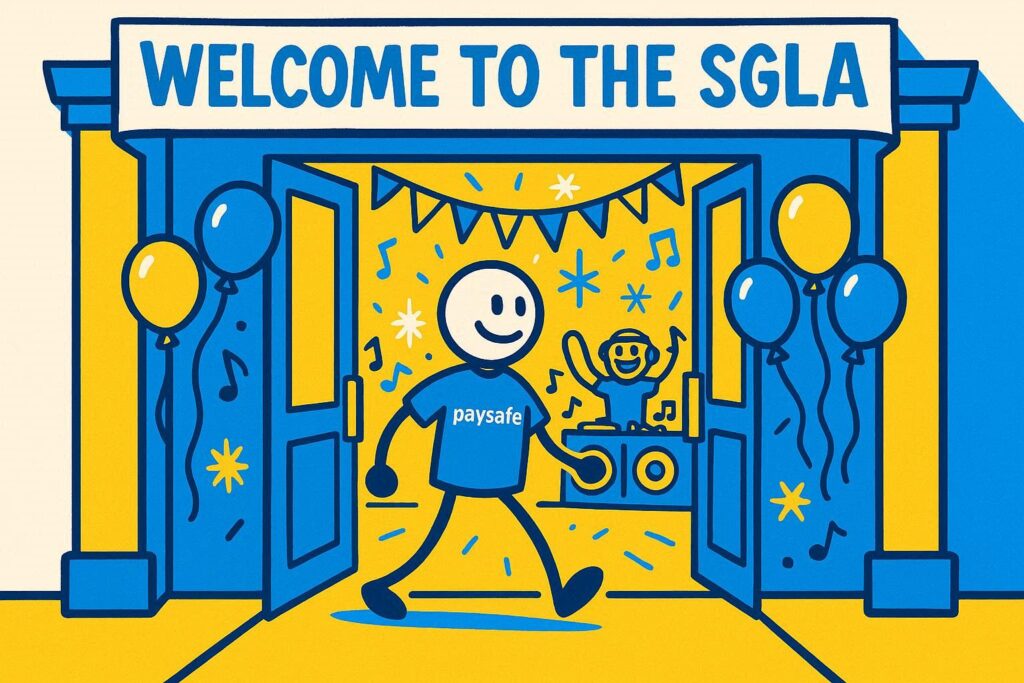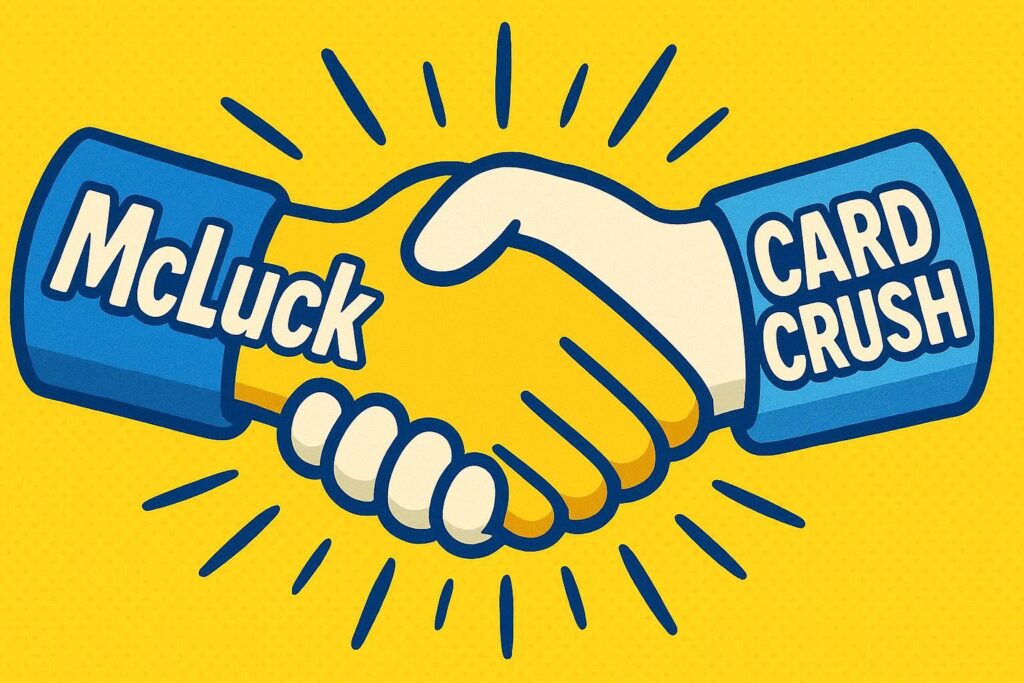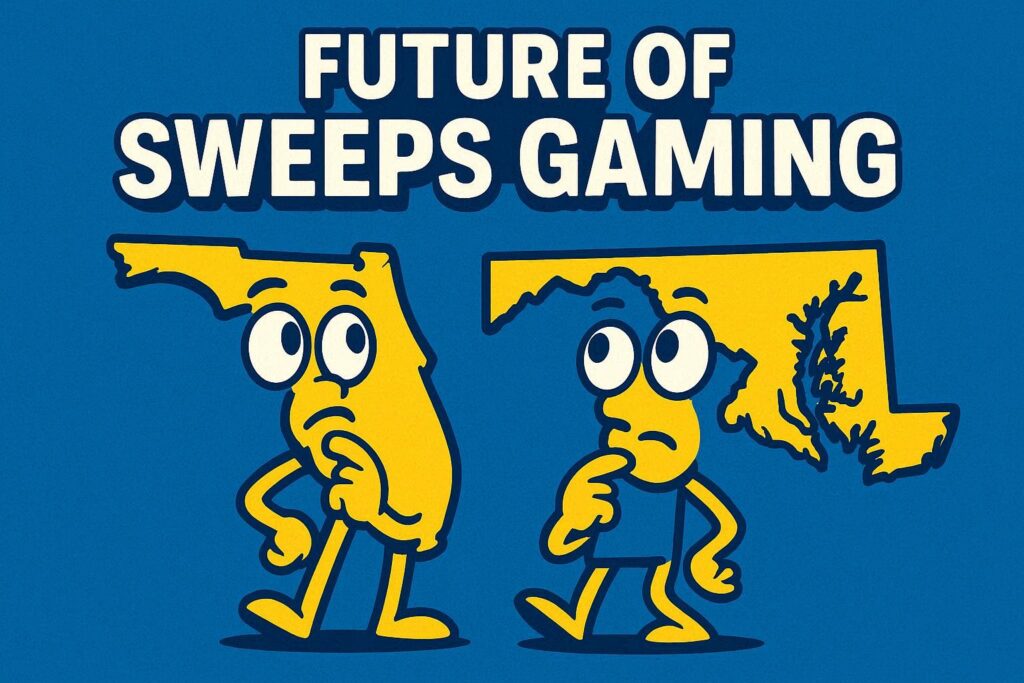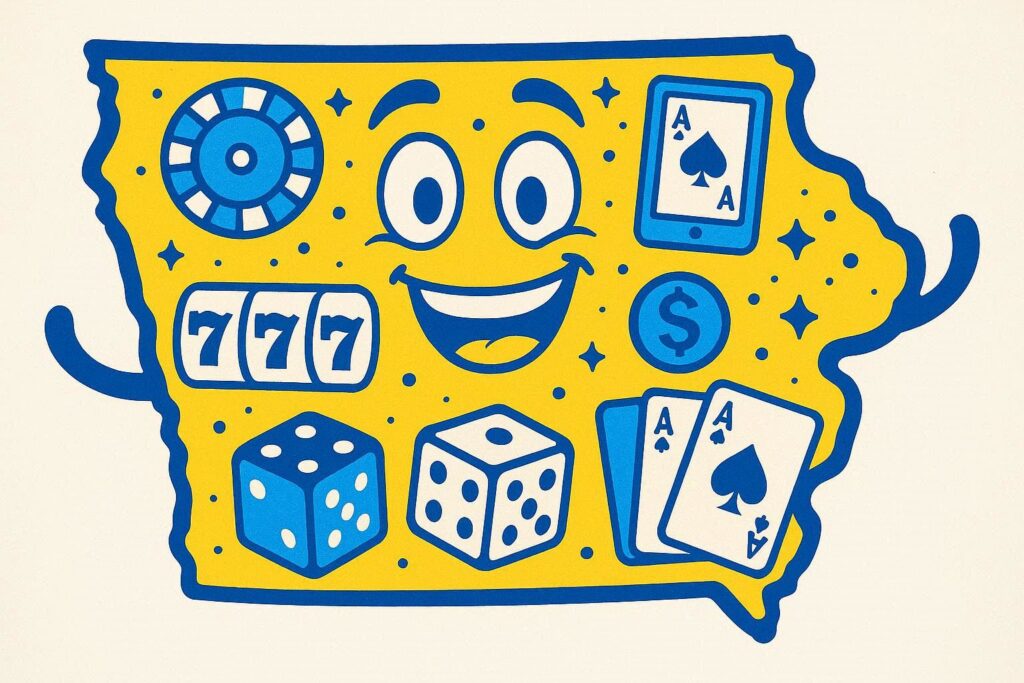New legislation makes another move to expand the powers of the Massachusetts Gaming Commission to regulate online casino play in the commonwealth. H.4431 would give the Commission the authority to license online casino operators and establish regulations for that type of gambling.
The bill also includes provisions that would explicitly ban casino-style, sweepstakes-based online games in Massachusetts. Although this isn’t the first bill attempting to create a regulated framework for iGaming in the commonwealth, it is the first to include a ban on such sweepstakes.
H. 4431 surfaces in Massachusetts House
Massachusetts Rep. David K. Muradian, Jr., filed H. 4431 on Monday. Muradian had discussed filing an iGaming bill in late 2024, with Monday’s filing representing the fulfillment of that commitment.
At this time, H. 4431 is with the Massachusetts House Economic Development and Emerging Technologies committee. That committee has no hearings scheduled.
Muradian’s bill differs from previous online casino regulation bills in Massachusetts in several substantial ways. For example, Muradian’s bill assesses a privilege tax on adjusted revenue from iGaming at a 15% rate, while Rep. David Cahill’s H. 332 does so at a rate of 20%.
Additionally, H. 4431 would allow each gaming licensee in Massachusetts three “skins,” or gaming brands they can contract with to operate online casinos under their licenses. H.332, meanwhile, allows each licensee up to two skins.
Also unique to H. 4431 is a provision targeting the operations of online sweepstakes casinos.
Muradian’s bill takes measures to limit scope of iGaming
H. 4431 is unique among similar bills because it includes additional text that aims to restrict Massachusetts residents’ access to online casino platforms to those that the commonwealth licenses. Unlike H. 332, H. 4431 bans and defines an “online sweepstakes game.”
The bill defines that concept as “any game, contest or promotion, in which a prize is awarded based on chance, that is available on the internet and accessible on a mobile phone, computer terminal or similar access device, that utilizes a dual-currency system of payment allowing the player to exchange the currency for any prize or award or cash or cash equivalents, and simulates casino-style gaming, including but not limited to, slot machines, video poker, and table games, lottery games and sports wagering.”
H. 4431 also includes tenets that make it “unlawful for any person or entity to operate, conduct, or promote online sweepstakes games within the commonwealth” and “unlawful for any person or entity to take any action to support or assist in the operation, conduct, or promotion of online sweepstakes games within the commonwealth.”
Those provisions line up with another of the bill’s tenets, which states that, “it shall be unlawful for any person to offer or accept internet gaming wagers in this commonwealth without a valid internet gaming operator license.” One organization representing the interests of websites that offer unlicensed sweepstakes games has already issued a statement about H. 4431.
SGLA, SPGA offer opinions on Massachusetts bill
A Tuesday press release makes the Social Gaming Leadership Alliance’s (SGLA) stance on Muradian’s bill clear.
“A new bill introduced in Massachusetts, House Bill 4431, proposes a sweeping ban on online social games that utilize sweepstakes promotions. If enacted, the bill would deny Bay Staters access to the safe, free-to-play games they enjoy while exposing a wide range of legitimate businesses to unprecedented criminal liability.”
That position is similar to the statements that the SGLA has shared regarding other bills that would restrict sweepstakes in other states, like California and New York. Massachusetts is now one of the states in which such legislation is pending.
The Social and Promotional Games Association also sent Sweepsy a response to the bill.
“Lawmakers moving to ban sweepstakes while introducing iGaming demonstrate a poor understanding of the sweepstakes model and undue deference to iGaming lobbyists,” an SPGA spokesperson said. “Instead of a blanket ban, Massachusetts could embrace oversight and regulation, securing millions in potential tax revenues, instead of deciding for its residents what games they can — and can’t — play on their mobile phones.”







